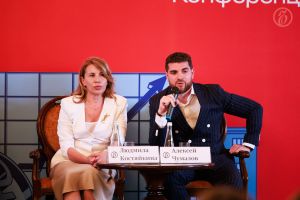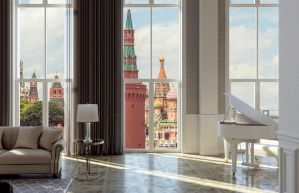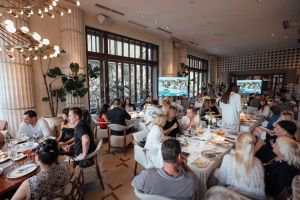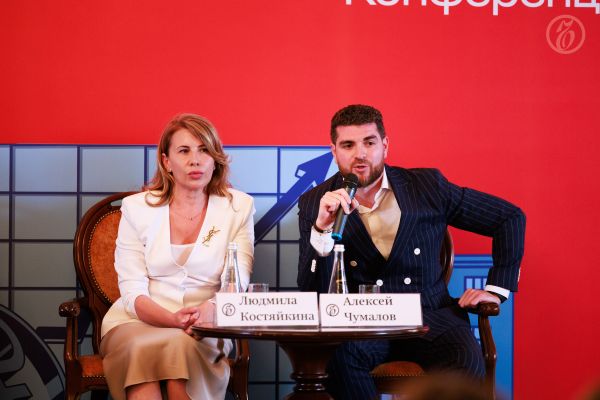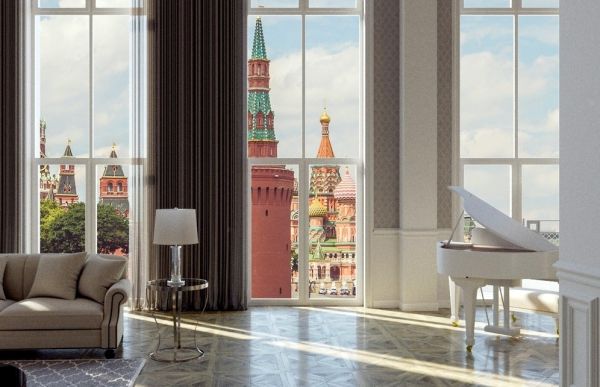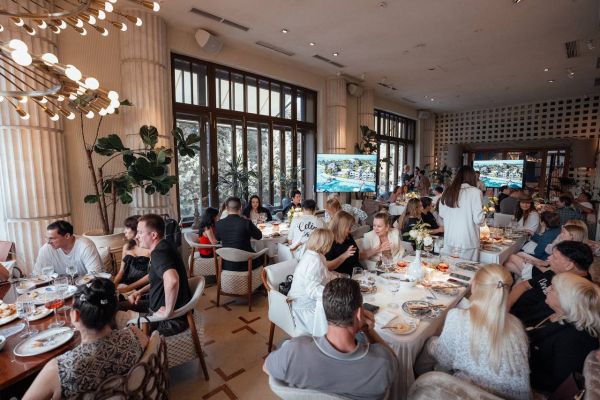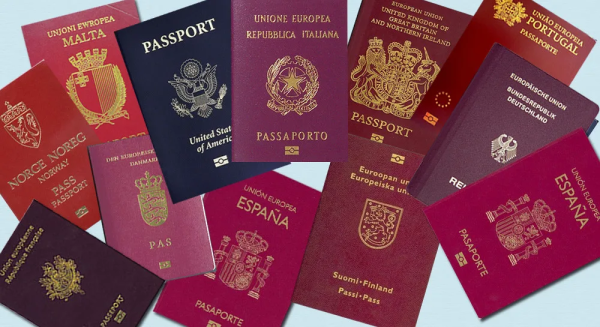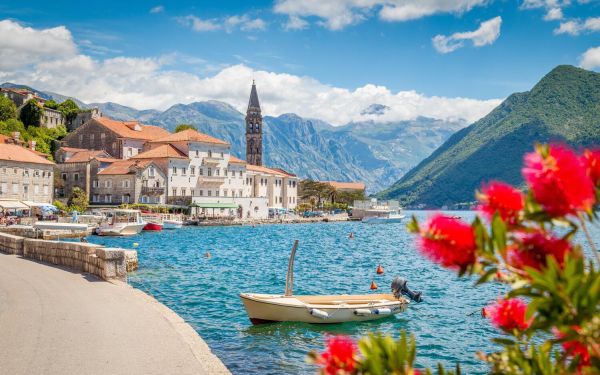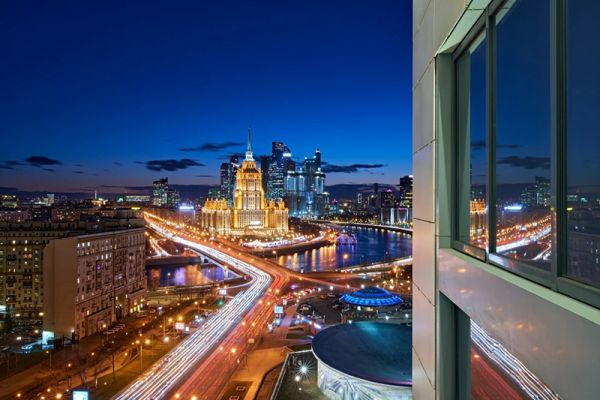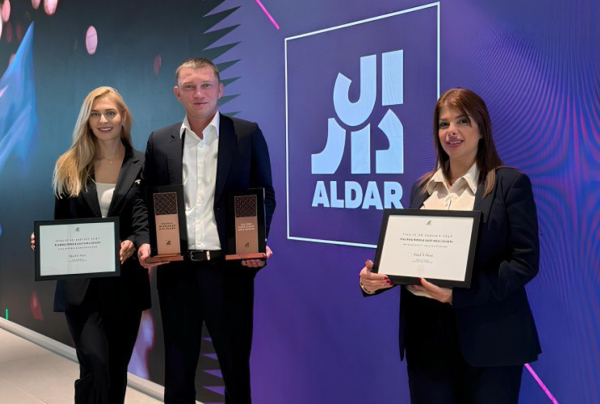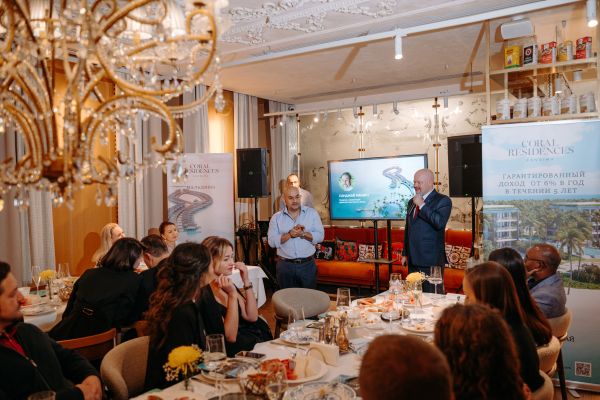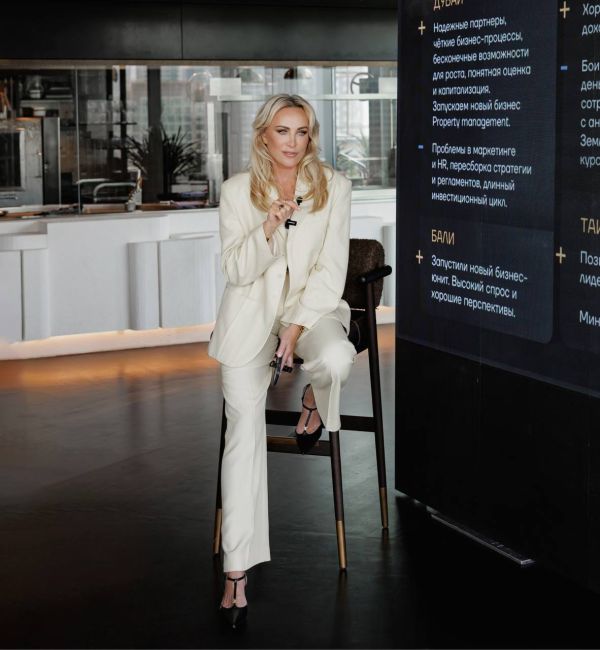The Return to Cyprus. Russians are buying up real estate on the island.
One of the most important indicators of the real estate market is the number of building permits issued by local and regional authorities. The number of housing units that developers plan to build in new homes has increased by almost 36%.
Last autumn, Vladimir Putin received Cypriot President Nicos Anastasiades in the Kremlin. According to the press service, the negotiations were detailed and constructive. In October, billionaire Alexander Svetakov allocated €8.2 million to Cyprus for the construction of a new technological university. One of the largest developers in Cyprus is owned by a young businessman from Russia, who is little known in his home country. It seems that the relationship between our fellow citizens and the island nation in the Mediterranean is experiencing a renaissance.
Cyprus means a lot to me. I lived there for several years, took my first steps there, studying the real estate market. In the 90s, so many people left Russia for relatively affordable and accessible Limassol with its magical climate that it became almost a Russian city. Later, due to a successful tax system, Cyprus became associated with the term "offshore" among Russian businessmen.
Lawyers flew to the island to conclude deals, different businessmen owning billions in assets registered their holding companies in the same inconspicuous house in Limassol. Later, Cyprus became a favorite place of residence for Russian programmers, but recently we have noticed that Russian millionaires from other fields are also carefully looking at real estate in Cyprus.
At first glance, this is strange, as the last 10 years have not been the easiest for the island. After the crisis in the real estate market in 2008-2009, a banking crisis erupted in 2012. As a result, Cypriot courts got caught up in battles between bankers, developers, and final property buyers.
The government even had to issue a special "Trapped Buyers Law" in 2014 to protect the interests of those who gave their money to the developer but couldn't obtain property rights to the apartment due to the developer's bankruptcy (the law, by the way, worked, and by 2018, there were almost no "deceived equity holders" left on the island).
I believe that there are grounds for the renewed optimism of investors. One of the most important indicators of business activity in general and the real estate market in particular is the number of building permits issued by local and regional authorities. During the "golden age" of Cyprus in the mid-2000s, developers applied for and received around 9,000-9,500 permits per year. Then, the number of these permits dropped by more than half, business activity froze, and only in 2016 did it gradually begin to recover. In 2017, the process gained momentum: from January to October, authorities issued 4,817 permits (compared to 4,350 for the same period the previous year). Furthermore, the number of residential units that developers plan to build in new homes has increased by almost 36%.
I am sure that we are witnessing an important event: a global change in market trend. There are other signs as well. According to official statistics published at the end of 2017, prices have increased for the first time after seven years of decline and stagnation - by 1.5% across the island and by as much as 3.8% in Limassol. But that's not all. Just like in Russia, the higher the stage of completion of a house, the higher its price. Official statistics cannot capture this year-long growth, but developers privately say that due to high demand, properties are increasing in value by 20-30% per year. You can choose to believe it or not, but here is what the official data shows. In 2008, 18,200 new dwellings were built on the island, but in 2015, there were only 2,390, almost 10 times less. The less supply there is, the more convincing the stories about soaring prices sound.
And a few more numbers. In 2017, the number of properties bought by foreigners on Cyprus increased by 33%. Europeans have always liked investing their money and retiring to a country by the sea with a luxurious climate, where everyone speaks English and prices are lower. But now, our compatriots are also competing with them. The thing is, despite the efforts of EU bureaucrats, Cyprus is improving its "citizenship in exchange for investment" program. A person who invests 2 million euros in residential or commercial real estate can obtain Cypriot citizenship in just six months. In other words, the desired European passport ends up in their pocket immediately, without intermediate steps like acquiring a long-term visa, a residence permit, and so on.
Compared to the multi-year programs that need to be completed to become a resident of France or Germany, this is truly a fast track to Europe. The investor's wife, parents, dependent children, and children up to the age of 28 all receive citizenship as well.
In the summer of 2017, the Parliament of Cyprus simplified the procedure for obtaining tax residency in Cyprus. If a person spends 60 days on the island, is employed or owns a business, and has a residence, they can obtain the status of a tax resident. However, they must not spend more than 183 days a year in any other country, meaning they must not be a tax resident of another country. For comparison, to become a tax resident of the United Kingdom, France, or Malta, one must spend more than six months in the country (those same 183 days).
In recent years, out of all the passports issued by the Cypriot government, over 40% have been obtained by Russians, followed by Ukrainians with a large margin.
Read also
Stay up to date with the latest news
We promise to send only interesting and important articles.
